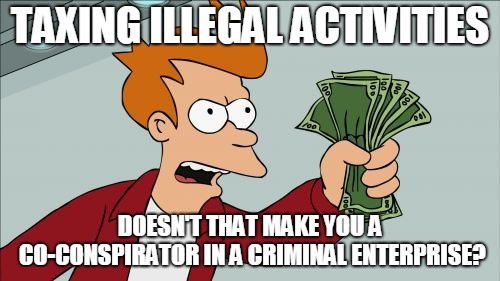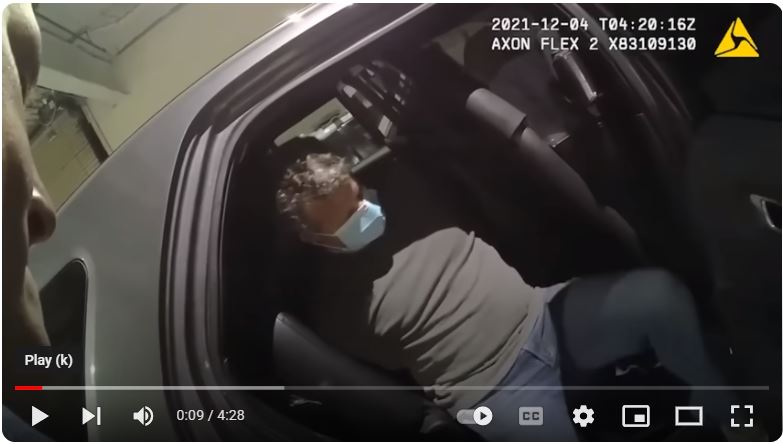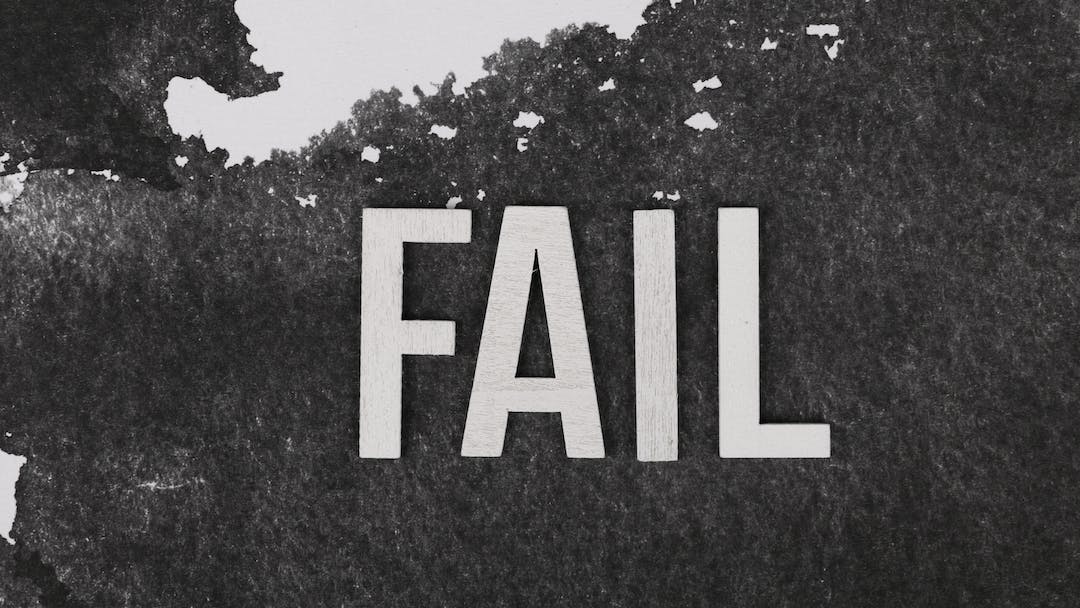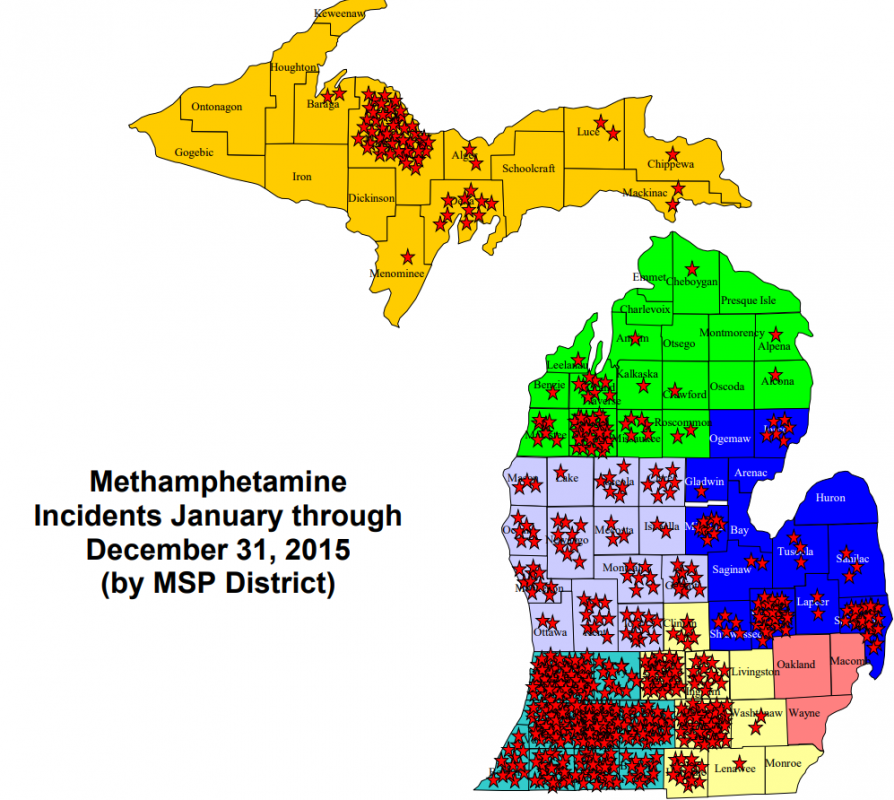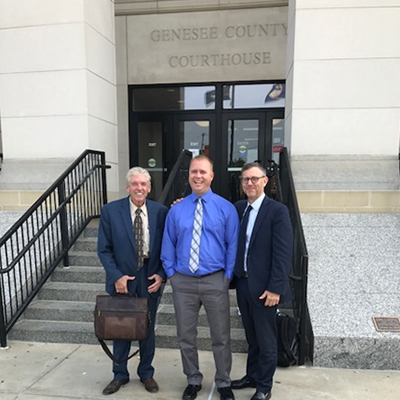See you in the Home Depot lot.Oct 10, 2024 (Reuters) Cleary Gottlieb Steen & Hamilton will create a new category of non-equity partners, becoming the latest major U.S. law firm to move away from the traditional single-tier structure in which all partners have an...

Michigan communities still opted out of adult-use marijuana sales in 2023
Adult-use recreational marijuana has been legal in Michigan since voters approved a ballot proposal in the 2018 election, and sales commenced in 2019. However, numerous Michigan communities have chosen not to participate.
That doesn’t mean recreational cannabis is illegal in these areas, it just means that businesses are prohibited from selling it.
Among the 1,773 municipalities in Michigan, which includes cities, villages, and townships, over 1,300 have chosen not to participate in cannabis sales and associated tax revenue.
Komorn Law is Michigan’s top cannabis law firms when it comes to licensing, consulting and legal defense.
Call them if you’re thinking about venturing into the marijuana business in Michigan (248) 357-2550
Opted Out
Here is the list of communities that have opted out.
(Please note this is an evolvoing list and changes are made often. Check it often if you need the information).
Opt IN and Opt OUT Full List
(Note this list changes and should be checked at the time of interest in licensing or doing cannabis business in Michigan)
Fight back
If you don’t want to submit and plead and want to fight for your rights.
Call our office: Komorn Law (248) 357-2550.
We have defended many cases with positive outcomes since 1993.
More Posts
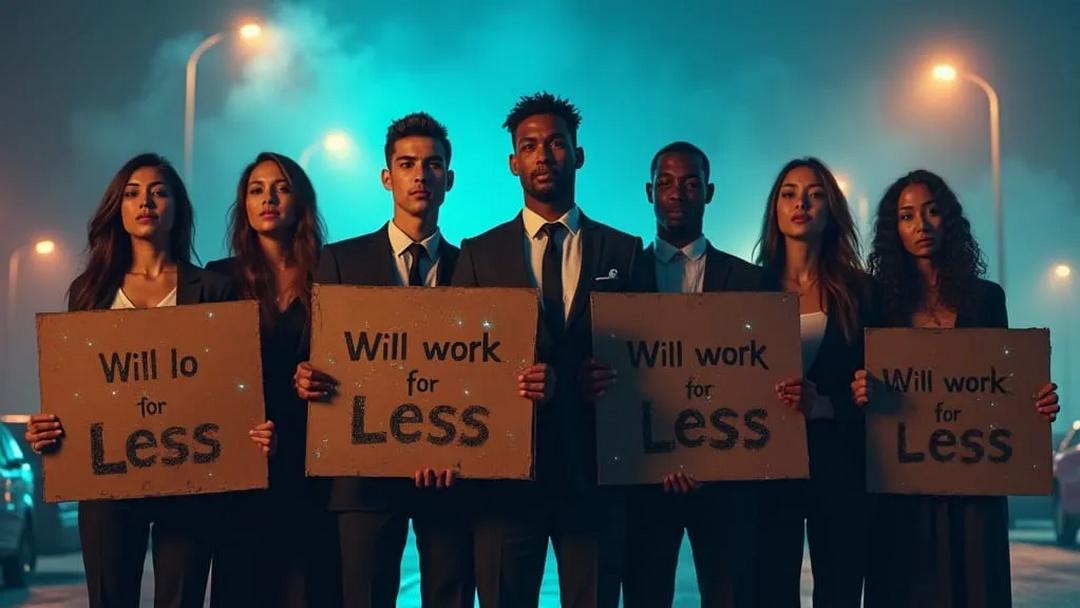
Cleary becomes latest US law firm to add non-equity partners

MI Court of Appeals – MRTMA defense denied dismissal
Does the Michigan Regulation and Taxation of Marihuana Act protect you in all Marijuana scenarios?The Conflict The central issue in this interlocutory appeal is whether the Michigan Regulation and Taxation of Marihuana Act (MRTMA), MCL 333.27951 et seq., prevents a...
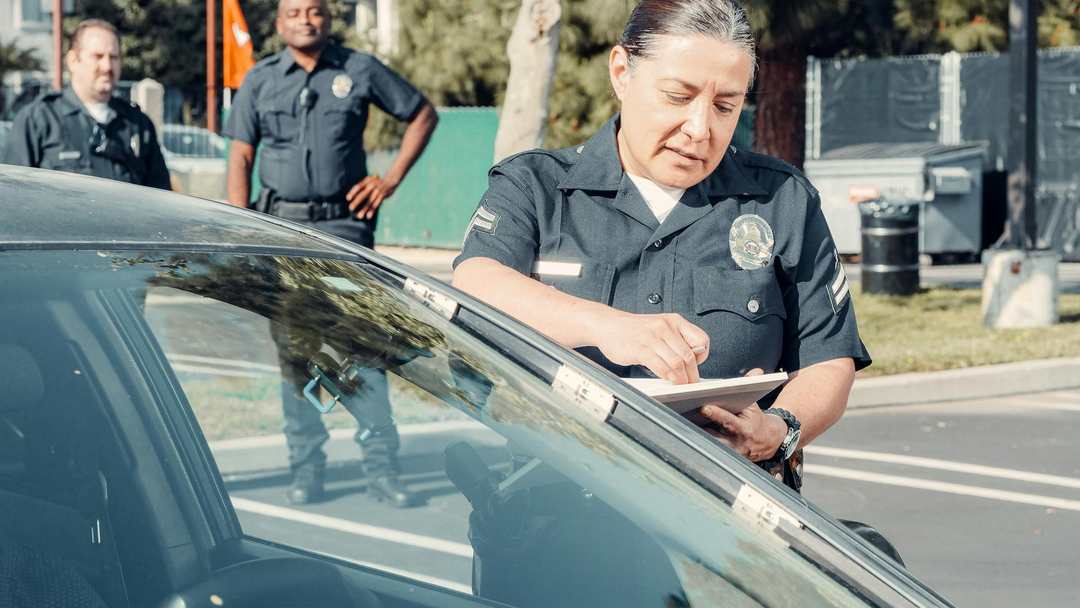
The “Automobile Exception” in Michigan law
The "automobile exception" in Michigan law allows police to search a vehicle without a warrant if they have probable cause to believe it contains evidence of a crime.This exception is grounded in the idea that vehicles are inherently mobile, meaning evidence could be...

The search being challenged was triggered by the odor of cannabis
The case People of Michigan v. Freddie Wilkins III (No. 367209) revolves around a legal challenge regarding the search of a vehicle without a warrant.Police conducted a warrantless search under the "automobile exception."The case People of Michigan v. Freddie Wilkins...

Carrying a Concealed Weapon in Michigan
Carrying a concealed weapon (CCW) in Michigan without proper authorization is a crime.Carrying a concealed weapon (CCW) in Michigan without proper authorization can lead to serious criminal charges. Michigan law has strict regulations regarding firearms, and violating...

MI Supreme Court Declines to Intervene in Public Records Dispute
Michigan Supreme Court Declines to Intervene in Public Records DisputeTeachers Union and School District at Odds Over Data AccessThe Michigan Supreme Court recently declined to hear a case regarding whether public school teachers' class materials are subject to the...

Felony Firearm Possession in Michigan
Felony Firearm Possession in Michigan.In Michigan, the laws surrounding firearms are strict, especially when it comes to felony firearm possession. If you’re charged with a felony and found to be in possession of a firearm during the crime, the penalties can be...

Do the passengers in your vehicle have 4th Amendment Rights?
Do Passengers in your vehicle have 4th Amendment Rights against Search and Seizure?Passengers in a vehicle are afforded Fourth Amendment protections against unreasonable searches and seizures, though the scope of these rights varies based on the specific circumstances...

Probable Cause v Reasonable Suspicion
What's the difference between probable cause and reasonable suspicion?Definition of Probable Cause Probable cause refers to the belief held by a reasonable person that a crime is currently being committed, has already been committed, or is likely to be committed in...

Are there exceptions that justify warrantless searches?
Exceptions to your 4th Amendment Rights against Search and Seizure (more to come).The Fourth Amendment of the U.S. Constitution safeguards citizens by prohibiting unreasonable searches and seizures and generally mandates the necessity of a warrant for such intrusions....



